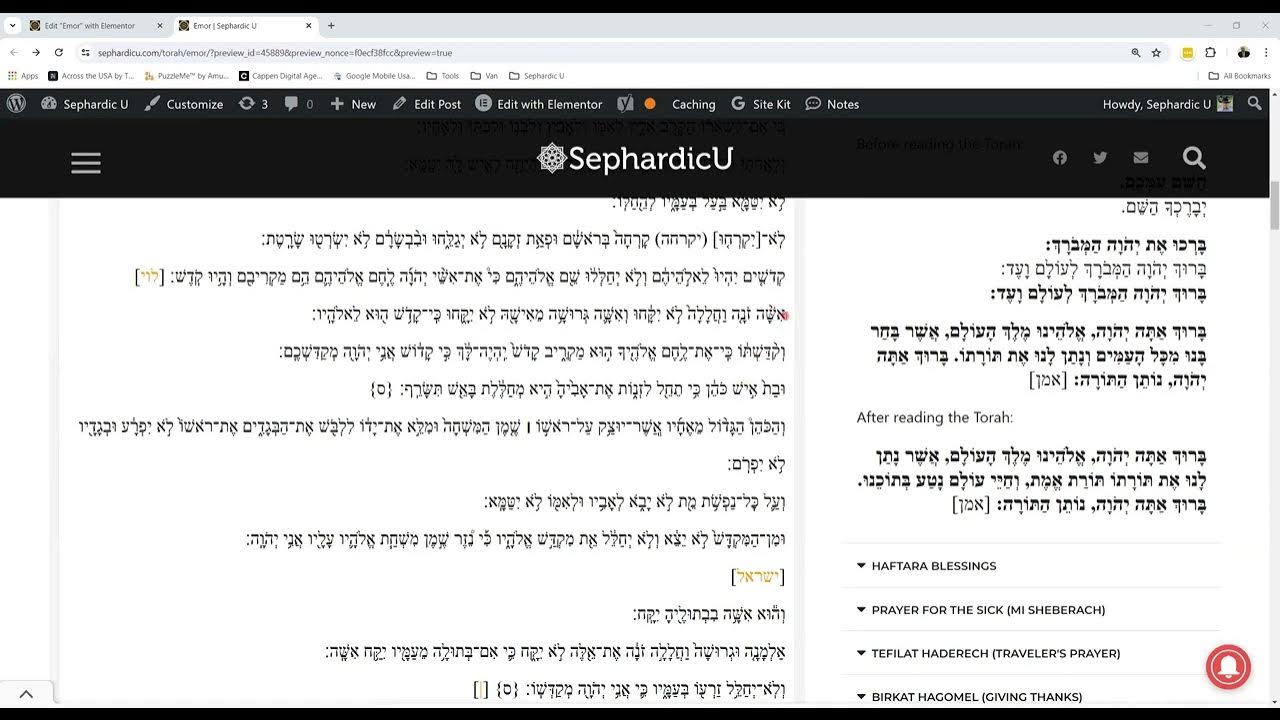Introduction
Moses ibn Ezra, also known as Moses ben Jacob ibn Ezra, was a luminary of Jewish poetry and philosophy in medieval Al-Andalus. Born in Granada in 1055, his profound literary and philosophical contributions continue to inspire scholars and admirers of Hebrew poetry to this day.
| Points | Details |
|---|---|
| AKA | Moses ben Jacob ibn Ezra |
| Born | 1055 |
| Place of Birth | Granada, Al-Andalus |
| Died | 1138 |
| Place of Death | Unknown |
| Occupation(s) | Poet, Philosopher |
| Notable Works | “Kitab al-Muhadara wal-Mudhakara” (The Book of Discussion and Meditation) |
Early Life and Education
He received a comprehensive education in Jewish religious texts, secular literature, and philosophy. Growing up in the vibrant intellectual and cultural milieu of Al-Andalus, he was exposed to the rich traditions of Jewish, Islamic, and Arabic learning, which deeply influenced his intellectual development.
Rise to Prominence
Moses ibn Ezra’s literary talents and philosophical insights quickly gained him recognition throughout the Sephardic world. His poetry, characterized by its eloquence, emotional depth, and philosophical sophistication, earned him widespread acclaim as one of the greatest Hebrew poets of his time.
Notable Works
One of Moses ibn Ezra’s most significant works is “Kitab al-Muhadara wal-Mudhakara” (The Book of Discussion and Meditation). This seminal work combines philosophical discourse with poetic expression, exploring themes of existence, mortality, love, and divine providence. Through dialogues and meditations, Ibn Ezra delves into the nature of reality and the human condition, offering profound insights into the mysteries of life and the universe.
Influence and Legacy
Moses ibn Ezra’s poetry and philosophy have had a lasting impact on Hebrew literature and Jewish thought. Revered for his mastery of language, depth of thought, and spiritual sensitivity, he continues to be celebrated as a literary giant whose works transcend time and place. Ibn Ezra’s exploration of existential questions and metaphysical themes resonates with readers across cultures and generations, inspiring reflection and contemplation.
Commemoration
In recognition of his enduring legacy, numerous literary and cultural organizations bear the name of Moses ibn Ezra. His poetry is studied and celebrated in academic institutions and cultural events worldwide, ensuring that his contributions to Hebrew literature and philosophy remain alive and relevant in the modern era.
Conclusion
In conclusion, Moses ibn Ezra stands as a towering figure in the annals of Hebrew poetry and philosophy. His lyrical verse and profound philosophical insights continue to captivate readers and inspire scholars, reaffirming his status as a poet philosopher of Al-Andalus whose words echo through the corridors of time. As we reflect on his life and works, let us cherish the enduring legacy of Moses ibn Ezra and the timeless wisdom he bequeathed to humanity.
Resources:
- “Jewish Virtual Library”: Offers comprehensive articles on Jewish history, including biographies of notable figures like Moses ibn Ezra.
- “Encyclopedia Judaica”: Provides in-depth entries on Jewish history, culture, and figures, offering valuable insights into Moses ibn Ezra’s life and contributions.
- “The Cambridge History of Arabic Literature”: Explores the literary and cultural landscape of Al-Andalus, shedding light on Moses ibn Ezra’s context and influences.
- “Hebrew Poetry of the Middle Ages and the Renaissance” by H.L. Goodman: A scholarly text examining the works of Moses ibn Ezra and other medieval Hebrew poets.
- “The Legacy of Muslim Spain” by Salma Khadra Jayyusi”: Explores the cultural and intellectual achievements of Islamic Spain, providing context for Moses ibn Ezra’s life and work.







Parashat Behar – Weekday Torah Reading (Moroccan TeAmim)